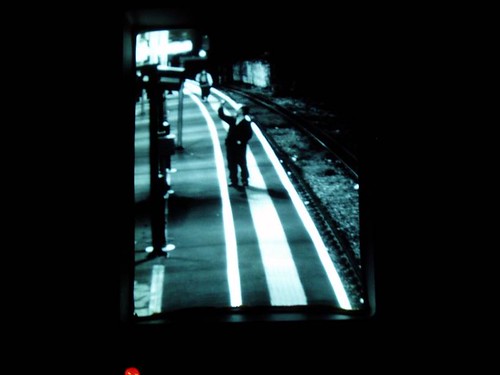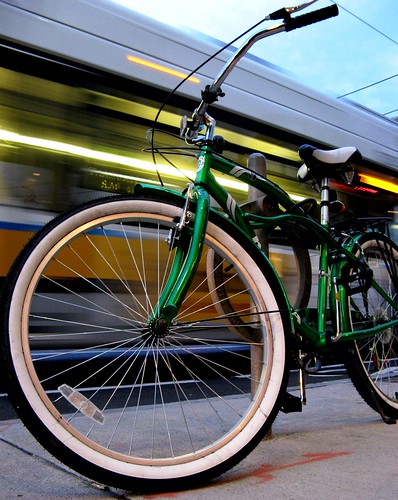
BT is on a roll at the moment. Shame we can’t package its perpetual green drumbeat as perpetual motion. Seriously- what other major FTSE company is doing so much to educate different sectors on greening issues?
A couple of days ago the firm was announcing the results of an Economist Intelligence Unit study it sponsored into corporate sustainability. Now BT informs me that its launched a new SMB program called Living Lightly. The simple but effective idea behind the slogan and campaign is that small firms can make a real difference to the national carbon footprint.
Its a core GreenMonk belief that small things add up (my favourite example is Google’s adwords revenues), and it seems BT is thinking the same thing:
“Small steps – when taken by a large number of individuals – make a big difference. With 4.3 million small businesses in the UK alone, the collective impact could be incredible.”
Amen to that.
At first glance the actions BT suggests look pretty self-serving:
- Take up conferencing
- Reduce unnecessary trips back to the office by using mobile communications technology
- Turn off office equipment at the end of the day
- Recycle
- Take-up flexible working
But as someone that has been to Lisbon and back this week for an IBM conference that could just as easily have been held in or around London, where the great majority European industry analysts seem to work, I think there is something to be said for looking at alternatives to travel. I am not alone- I heard the other day that PriceWaterhouseCoopers employees are now being asked to make personal steps to reduce their business travel.
Here are my own suggestions:
- Cycle to work
- Unplug your mobile phone chargers when its not in use
- Buy local services if at all possible
BT borrows heavily from the Pledgebank Model – Tell The World I Will Do It But Only If You Help with each pledge for sustainability growing the LiveLightly tree…

You on the move? “Drive more slowly – driving at 50mph uses 25% less fuel than 70mph.”
You at work? “Bring your own mug into work and don’t use paper or plastic cups.” What – why shouldn’t drink tea out of solidified petrol?
What can I say – this is goodness. Why do I big up BT so much? Why not- it should be encouraged to do more cool stuff. In terms of using social software and quirky approaches BT is showing the way forward. Don’t hector- encourage. Green isn’t just for big companies. We all have to make a difference.







